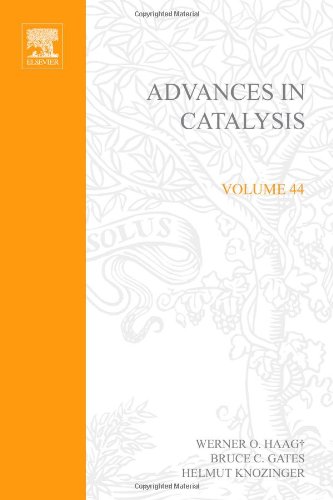- 2 402 202 книги
- Поиск
Muhajababes
Allegra Stratton“Muhajababes will disabuse you of your preconceptions of the Middle East forever.”—The Times Literary Supplement
“Fascinating. . . . Muhajababes is direct, energetic, and unpretentious.”—Guardian
“Littered with funny, often charming moments. . . . [Allegra] Stratton has a candid style, not only with the reader, but with her respondents, who clearly open up to her in confidence. . . . It is a world that should be visited . . . [and] Muhajababes provides a valuable passport.”—The Australian
Two-thirds of the Middle East’s population is under twenty-five, with an explosive growth in the number of college graduates. Allegra Stratton, a twenty-five-year-old producer for the BBC, traveled to Beirut, Amman, Cairo, Dubai, Kuwait City, and Damascus to understand what daily life is like in Arab and Muslim youth culture.
There she found a massive media industry of music videos and scantily clad pop stars vying with the voice of conservative Islam condemning Western culture and immodest dress. But for most young Muslim women, there is no conflict:
They were cigarillo thin and Coco Chanel chic. Both wore black-nylon boot-cut hipster trousers and high heels, carried baguette handbags and wrapped around their heads were black, sheer headscarves as tight as the rest of their outfits. Darah commented: “The results of video-clips are these girls. I call them muhajababes.”
''Muhajaba” means girl who veils . . . but look at them. They’re babes.
Allegra Stratton is a producer at the BBC in London. She has worked at the foreign desk at The Times and written for The Independent, The Times, and the New Statesman.

Тестирование Дот Ком, или Пособие по жестокому обращению с багами в интернет-стартапах
Автор: Роман Савин
Система упражнений по развитию способностей человека (Практическое пособие)
Автор: Петров Аркадий Наумович
Сотворение мира (3-х томник)
Автор: Петров Аркадий Наумович
Advances in Catalysis
Автор: Werner O. Haag, Автор: Bruce C. Gates, Автор: Helmut Knoezinger
The Wreck of the Belle, the Ruin of La Salle (Number 48: Centennial Series of the Association of Former Students, Texas A&M University)
Автор: Robert S. Weddle





